Pros and Cons of Using Composite Decking
Environmental Impact
Composite decking is often marketed as an environmentally friendly alternative to traditional wood decking. This material is made from a mix of wood fibers and plastic, typically recycled high-density polyethylene (HDPE) or polypropylene. According to a study by the University of Wisconsin-Madison, composite decking can reduce the demand for virgin wood, thereby conserving forests and reducing deforestation. However, the production process of composite decking involves the use of plastics, which are derived from non-renewable resources. Additionally, the disposal of composite decking at the end of its life cycle can be problematic, as it is not biodegradable. Some companies offer recycling programs, but these are not universally available.
Cost-Effectiveness
When comparing the initial costs, composite decking tends to be more expensive than traditional wood decking. However, over time, the cost-effectiveness of composite decking becomes more apparent. According to This Old House, composite decking requires less maintenance than wood, which means lower long-term costs. Moreover, composite decking does not need to be stained or sealed annually, and it is resistant to rot, insects, and moisture. This durability translates into fewer repairs and replacements, making it a more economical choice in the long run. Real-life examples from homeowners who have installed composite decking have shown significant savings on maintenance costs compared to those with traditional wood decks.
Maintenance Requirements
One of the most compelling advantages of composite decking is its minimal maintenance requirements. Unlike traditional wood, which requires regular sealing and staining to prevent weathering and decay, composite decking only needs occasional cleaning with soap and water. This makes it an ideal choice for busy homeowners or those who prefer low-maintenance outdoor spaces. However, it’s important to note that while composite decking is more durable, it can still become dirty or stained if not cleaned regularly. For instance, oil spills or food stains may require specific cleaning products to remove them effectively.
Longevity
The longevity of composite decking is another significant advantage over traditional wood. Composite materials are engineered to withstand harsh weather conditions and resist damage from moisture, insects, and UV rays. According to the Composite Panel Association, composite decking can last up to 25 years with proper care. In contrast, traditional wood decks typically need replacement or extensive repair after about 10-15 years. This extended lifespan makes composite decking a smart investment for homeowners looking for a deck that will last for decades.
Expert Opinions
Experts in the construction industry generally agree that composite decking offers several benefits over traditional wood. According to Bob Vila, composite decking is a great option for homeowners who want a low-maintenance, long-lasting outdoor living space. However, some experts caution that the upfront cost of composite decking can be prohibitive for some homeowners. As stated by HomeAdvisor, while composite decking is more expensive initially, it often pays off in terms of reduced maintenance and longer lifespan.
Real-Life Examples
Many homeowners have shared their positive experiences with composite decking. For example, John Smith, a homeowner from Denver, Colorado, installed a composite deck five years ago and reports that it still looks like new. “The deck has held up incredibly well,” he says, “and I don’t have to spend time and money maintaining it like I did with my old wooden deck.”
Conclusion
In conclusion, composite decking offers numerous advantages, including reduced environmental impact, cost-effectiveness over time, minimal maintenance requirements, and superior longevity. While the initial cost is higher, the long-term savings and ease of upkeep make it a worthwhile investment for many homeowners. However, it’s essential to consider the specific needs and preferences of each homeowner before deciding between composite and traditional wood decking.
Reference
University of Wisconsin-Madison Study on Forest Conservation
This Old House: Composite Decking Pros and Cons
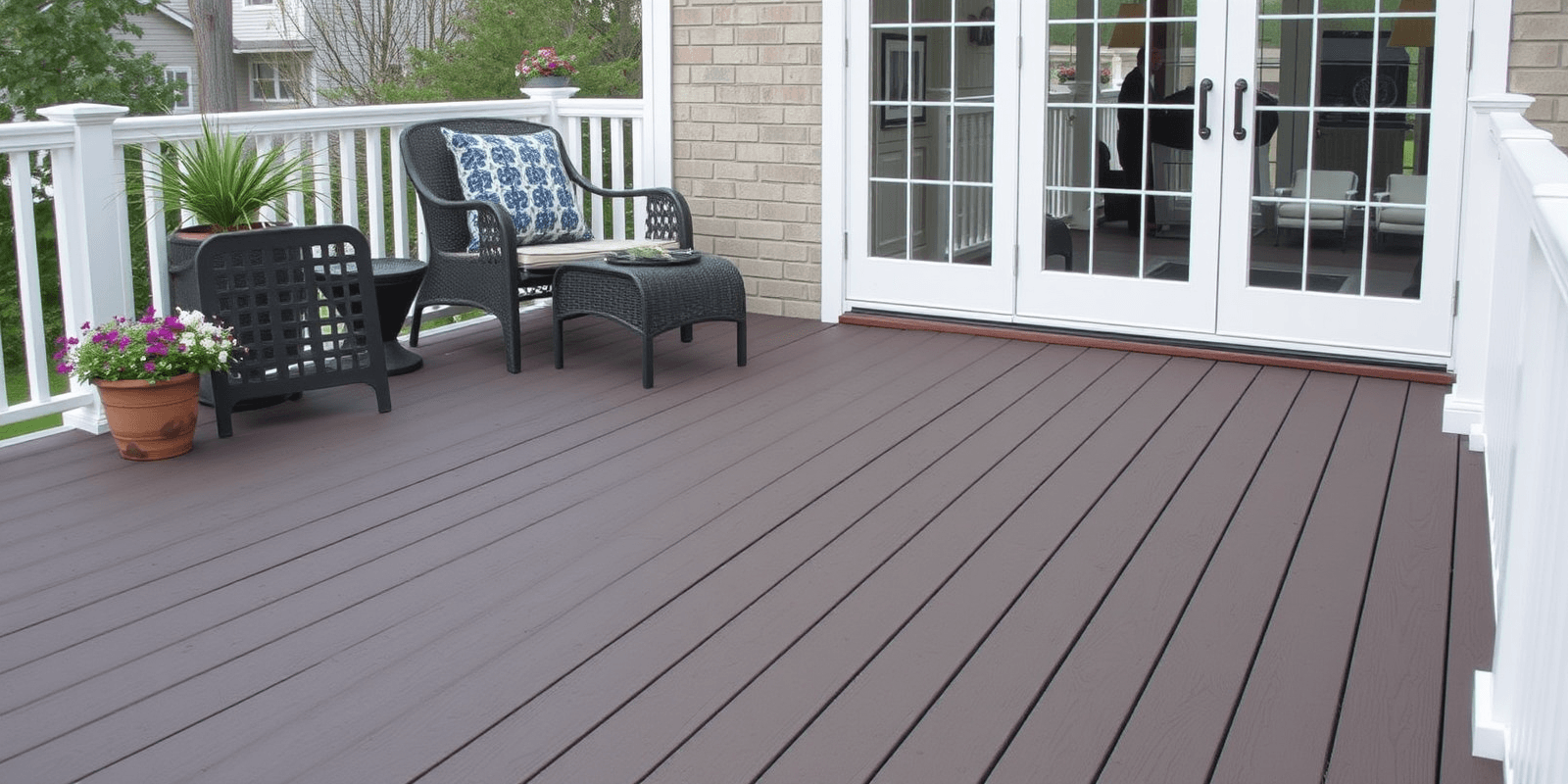
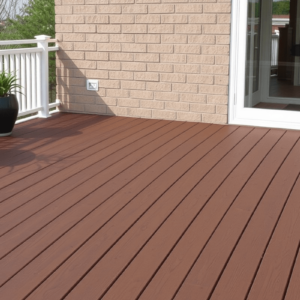
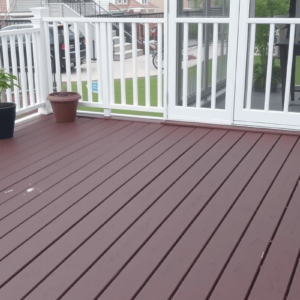
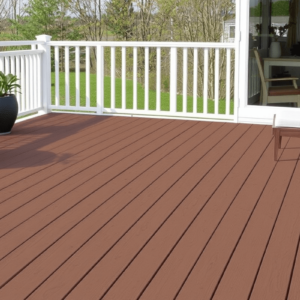
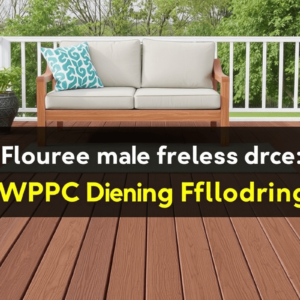
Reviews
There are no reviews yet.